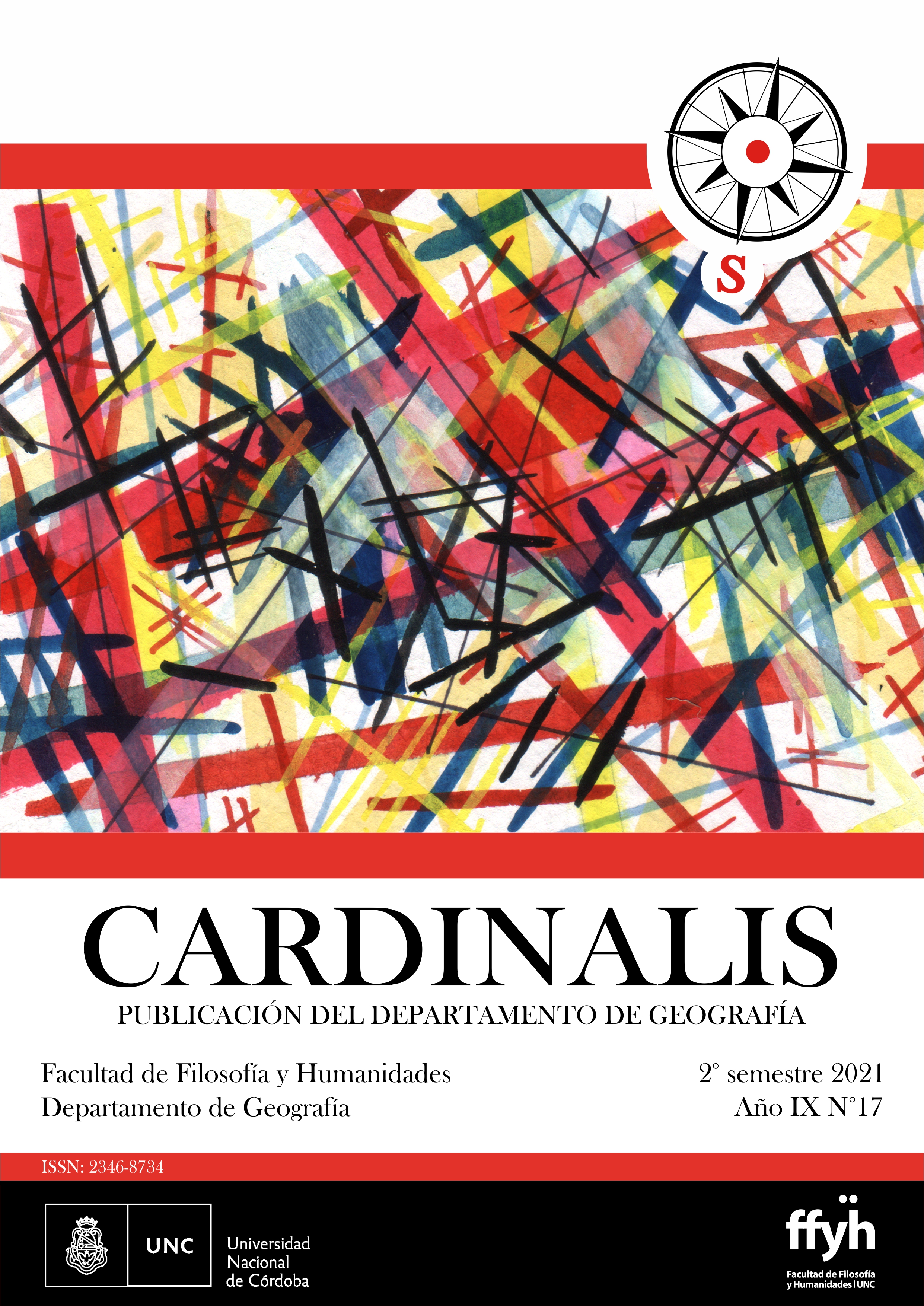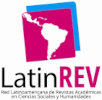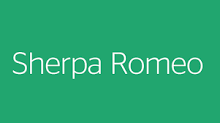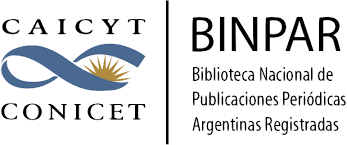Permeability of territory: about the contextual, institutional and subjective in three AMBA´s educational institutions (2017-2019).
Abstract
Institutions contribute to social order. They design collective practices, cognitive frames and relations, among others. Nowadays, as we are going through an institutional decline moment, it´s important to ask about the way institutions built themselves. Moreover, this kind of analysis is important as tend to contribute to study educational rights. The aim of this article is to answer the question about how are the dynamics and senses that people print in educational institutions, throughout territory. Based on a qualitative research strategy, we analyze testimonies of teachers, management team and other referents of three institutions of middle
and high relevel located in Buenos Aires Metropolitan Area: an institute of teacher training in arts, an institute of studies in recreation and free time and a secondary school. As a result of the analysis, we identified three dimensions associated with territory: contextual, institutional and subjective. In the development of each dimension, it is noted that actor-built practices and dynamics through territory, which set up senses. Territory shows up as an enabling space where practices, motivations, challenges and horizons are expressed. The notion of territorial reflexivity came up as an analytical operator that states the senses and positions at both levels:
institutional and subjective.
Downloads
Downloads
Published
Issue
Section
License

This work is licensed under a Creative Commons Attribution-NonCommercial-ShareAlike 4.0 International License.
Aquellos autores/as que tengan publicaciones con esta revista, aceptan los términos siguientes:- Los autores/as conservarán sus derechos de autor y garantizarán a la revista el derecho de primera publicación de su obra, el cuál estará simultáneamente sujeto a la Licencia de reconocimiento de Creative Commons (indicada abajo) que permite a terceros compartir la obra siempre que se indique su autor y su primera publicación esta revista.
- Los autores/as podrán adoptar otros acuerdos de licencia no exclusiva de distribución de la versión de la obra publicada (p. ej.: depositarla en un archivo telemático institucional o publicarla en un volumen monográfico) siempre que se indique la publicación inicial en esta revista.
- Se permite y recomienda a los autores/as difundir su obra a través de Internet (p. ej.: en archivos telemáticos institucionales o en su página web) antes y durante el proceso de envío, lo cual puede producir intercambios interesantes y aumentar las citas de la obra publicada. (Véase El efecto del acceso abierto).

Esta obra está bajo una Licencia Creative Commons Atribución-NoComercial-CompartirIgual 4.0 Internacional.






